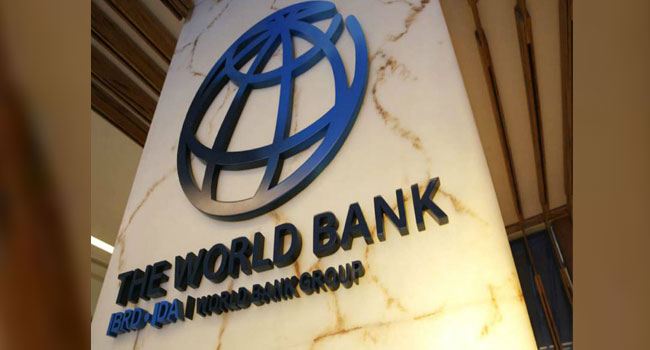

The World Bank has said that the consequences of absenteeism on public expenditure in health and education sectors combined can be as high as 34 per cent.
This was revealed in the latest World Bank’s Human Capital Public Expenditure and Institutional Review on Nigeria.
The report indicated that the country’s public expenditure on health and education was below par.
The World Bank said, “The level of absenteeism of health workers and teachers is a critical factor affecting the quality of spending in education and health in Nigeria.
“Due to the absenteeism of teachers and health workers, up to 13 per cent of public expenditures in education and 21 per cent of public expenditures in health are lost. According to the multilateral lender, leakage in Lagos State is as high as $6.7m from the health and education systems ($3.6m from the education and $3.1m from the health systems) in 2021.”
The World Bank’s Service Delivery Indicator Survey stated that, on average, 13.7 per cent of teachers were found to be absent from school.
“Of those at school, about a fifth (19.1 per cent) were not in the class teaching and when they are in school, they are found to spend an average of 20.7 per cent of their time on non-teaching activities. When combined, the results indicate that teachers spend less than three-quarters of the scheduled teaching time on actual teaching activities,” it noted.
According to the survey, a third (31.7 per cent) of the randomly selected health providers who were supposed to be at work were absent during an unannounced visit.
The rate of absence was observed to be higher in urban facilities at 34.2 per cent, compared to 30.0 per cent in rural facilities.
The rate of absence also differed by the type of health facility, with health centres displaying the highest overall absence rates at 33.6 per cent, and the lowest at health posts at 24.3 per cent.
The report said that absence rates among nurses were the highest at 40.9 per cent.
It was projected that Nigeria’s economy could be up to 2.77 times larger if comprehensive education and health services were provided, “To put this into perspective, this represents an additional growth of approximately 2.06 percentage points annually over the next five decades.”
The bank stated that Nigeria had the largest number of out-of-school children in the world, the largest number of children under five who die every year globally and the largest contributor to maternal deaths in the world (34 per cent).
“Globally, one in every six deaths of children under five is in Nigeria, and one of every 12 children out of school globally is Nigerian as well. More than 844,000 children die every year in Nigeria before they reach their fifth birthday. This constitutes the largest number registered anywhere in the world. In Nigeria, a child who starts school at age four can expect to complete only five years of education when factoring in what the child learns,” the report indicated.
It indicated that overall public spending, at merely 12 per cent of gross domestic product, fell below the threshold necessary to finance those public services.
It noted that it was lower than the Sub-Saharan African average of 17.2 per cent.
“Over the past five years, Nigeria’s health and education expenditure has fluctuated between 10 and 12 per cent of GDP when measured against international standards, it becomes evident that this level of investment is insufficient for delivering adequate essential public services.
“At $23 and $15 per capita, public expenditure on education and health in Nigeria, respectively, is inadequate by any standard. Of the $23 per capita spending on education, states spend $14 and the remainder is spent by the Federal Government.
Similarly, of the $15 per capita spending on health, states spend US$8.5. This level of spending compares poorly to Nigeria’s peers. It is far more inadequate given the need to tackle significant issues such as the high rates of out-of-school children and child mortality,” the report said.
To tackle the situation, the World Bank recommended that the Nigerian government invest at least $1,000 per primary school student to stem the poverty rate in the country.
“Considering its stage of economic development, Nigeria should ideally be investing at least $1,000 per primary student, which means increasing the per-student expenditure sixfold.
“Moreover, with a significant number of children not attending school and a rapidly growing school-age population, by 2030 Nigeria would need to increase its investment in basic education ninefold from its 2022 level to achieve Sustainable Development Goal 4.”
SDG4 is focused on quality education.
Join Television Nigerian Whatsapp Now
Join Television Nigerian Facebook Now
Join Television Nigerian Twitter Now
Join Television Nigerian YouTUbe Now





